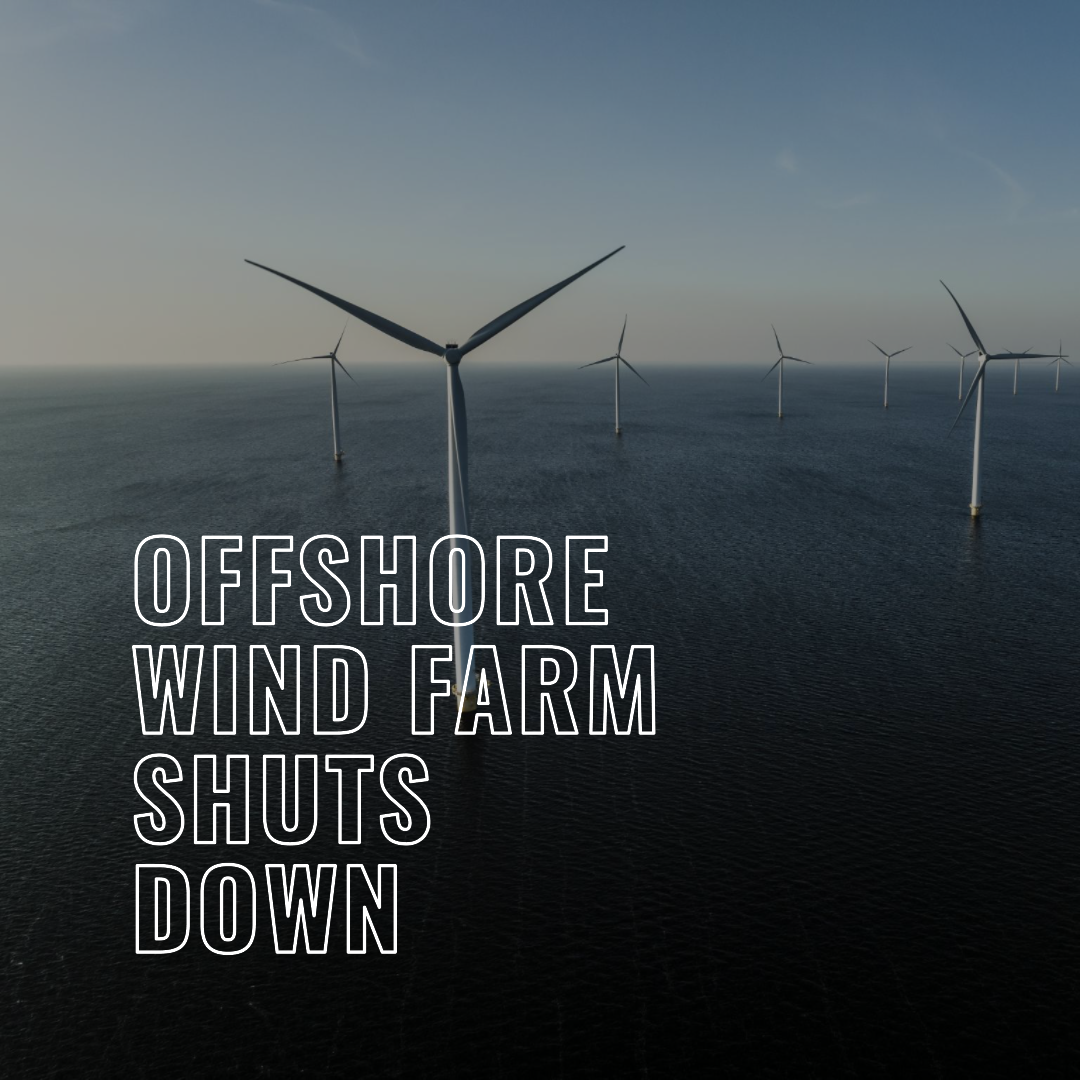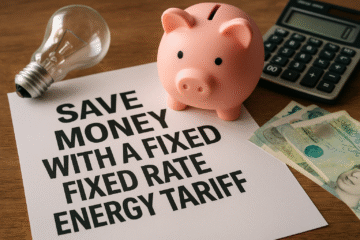The UK's transition to renewable energy sources has hit a temporary speed bump. Plans to build a large offshore wind farm off the coast of Norfolk have been put on hold by project developer Vattenfall. The Swedish energy company cited rising costs and interest rates as making the project financially unviable in the current economic climate.
Industry committed to responsible, cost-effective growth
While this news is undoubtedly a setback, it does not spell disaster for the UK's green energy goals. The project delay highlights the complexities of rapidly scaling up renewable infrastructure. But Vattenfall remains committed to developing offshore wind in a cost-effective and responsible manner.
In a statement, Vattenfall CEO Anna Borg said the company had seen costs increase 40% across the supply chain. She expressed confidence that solutions can be found through cooperation between industry and government.
Government and industry collaborating on solutions
Constructive discussions are already underway to adapt the financial framework for new offshore wind projects. The UK government has set an ambitious target to quintuple offshore wind capacity to 50 gigawatts by 2030. This will play a key role in decarbonizing the power sector and achieving national net zero emissions goals.
With sensible strategies to promote industrial growth and account for economic shifts, Britain can remain a global leader in offshore wind. The path to a green future has twists and turns, but staying focused on the destination is key. With collaboration between business and government, Britain's offshore wind success story is still being written.
Individual project delays won't impede long-term goals
The Norfolk Boreas project will power the equivalent of 1.5 million homes with clean energy when completed. While the current delay is unfortunate, Vattenfall's prudent business decision exemplifies the careful stewardship needed for large-scale renewable infrastructure.
Delays to individual projects will not deter the sector's long-term expansion. If anything, this pause highlights the need for holistic strategies to manage the transition in a cost-effective way that benefits all stakeholders. With efficient frameworks that encourage investment, the UK offshore wind industry can continue its robust growth in support of national climate targets.





